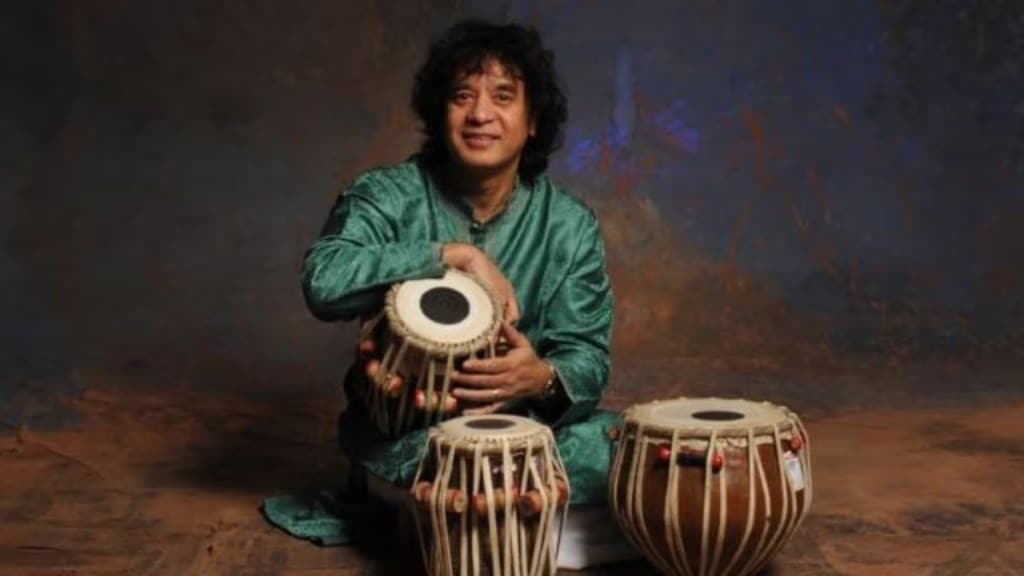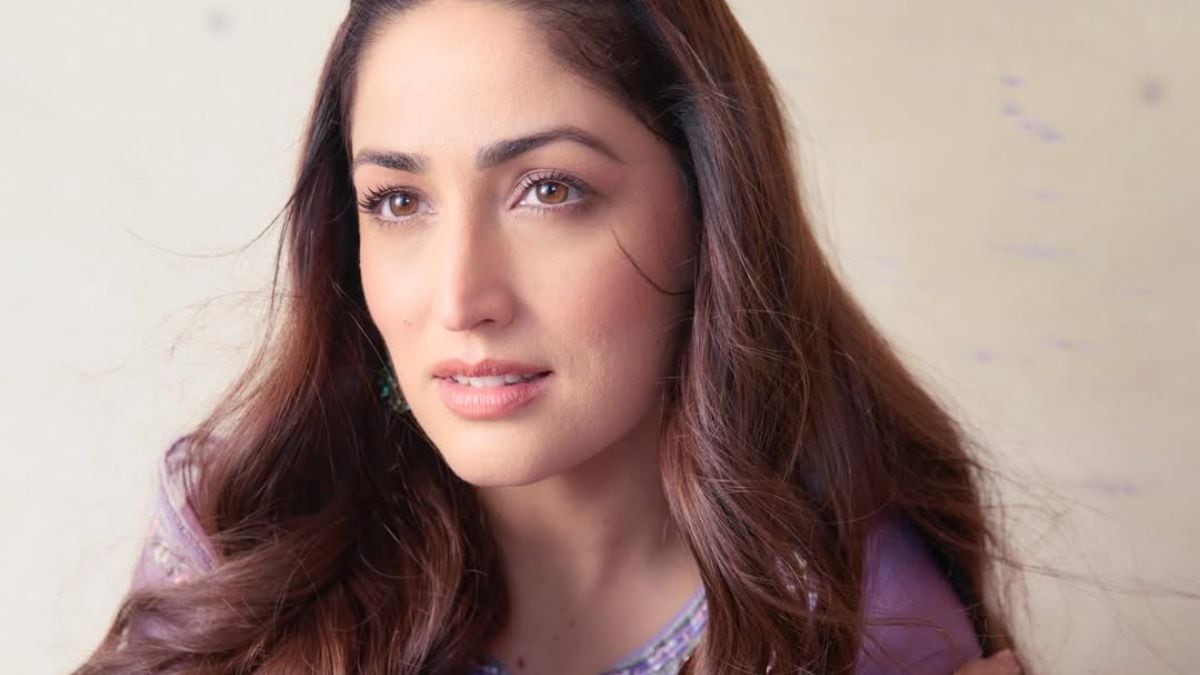The legendary Tabla maestro Zakir Hussain passed away in a San Francisco hospital at the age of 73, his family confirmed in a statement on Monday. A five-time Grammy Award winner, Hussain succumbed to idiopathic pulmonary fibrosis after a period of hospitalisation.
Renowned for his unparalleled artistry, his nimble fingers brought the tabla to life, creating rhythms that resonated across the world. His music transcended borders and genres. From Indian classical traditions to groundbreaking collaborations in jazz, his genius bridged musical realms, leaving an indelible mark on global music.
Let’s revisit the celebrated journey of this legendary maestro.
Zakir Hussain: Early Life
Born in 1951, Hussian was hailed as a child prodigy. He was a virtuoso in his own right. The son of the legendary tabla maestro Ustad Allarakha, he often credited his late father as his greatest inspiration and mentor.
Hussain often was regarded as the greatest Tabla player of this generation.
He gave his first concert at the age of seven and started touring at 12. Born in Mumbai, he completed his education there before relocating to the United States in 1970.
Zakir Hussain’s musical journey that led the world to say ‘Wah Ustaad!’
He was a versatile composer, known for crafting captivating concerts, composing film scores, and collaborating with renowned dance companies like Alonzo King’s Lines Ballet and The Mark Morris Dance Group.
He also collaborated with some of the greatest Indian performers such as Ravi Shankar, Ali Akbar Khan and Shivkumar Sharma.
He played a pivotal role in bringing Indian classical music to a global audience through collaborations with luminaries such as Yo-Yo Ma, Charles Lloyd, Béla Fleck, Edgar Meyer, Mickey Hart, George Harrison, and John McLaughlin.
Hussain highlighted the importance of staying deeply rooted in tradition while remaining open to evolution and innovation in music.
Zakir’s filmy connection
Zakir’s impact on Indian music extended far beyond his performances. As a composer, he created memorable scores for celebrated films such as Heat and Dust and Vanaprastham, earning praise for his remarkable ability to evoke profound emotions through his music. His versatility was further evident in his work on films like The Perfect Murder, showcasing the breadth of his artistic talent.
In addition to his musical brilliance, he served as a cultural ambassador, showcasing the beauty of Indian classical music on renowned stages such as Carnegie Hall and the Kennedy Center.
Ustad’s multiple titles and awards
The Indian tabla maestro is crowned with a historic achievement at the 66th Grammy Awards this year, becoming the first Indian to win three trophies in a single night.
He was also awarded the Padma Shri in 1988, Padma Bhushan in 2002, and Padma Vibhushan in 2023. In 1990, he received an honour from the President of India. He also became the youngest musician to get the Sangeet Natak Akademi Award.
He won his first Grammy in the year 1992.








